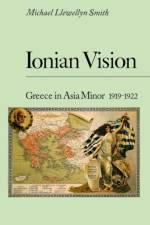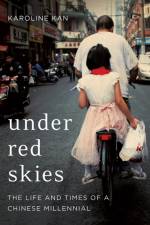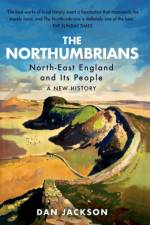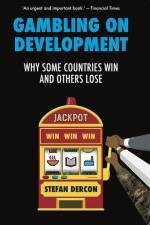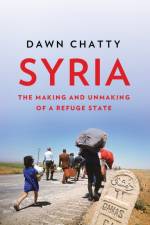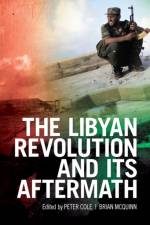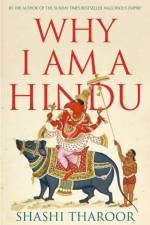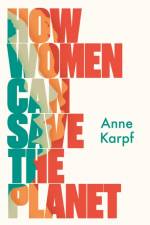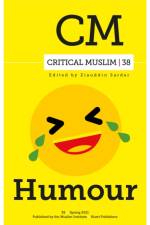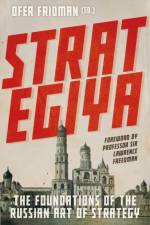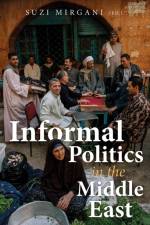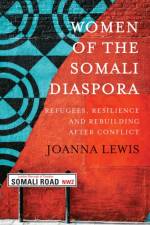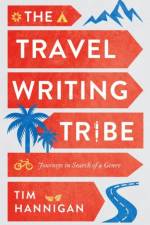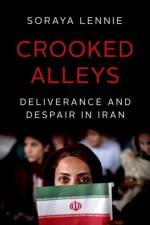307
Hassan Mahamdallie remembers the comedy and comedians of his youth, Hussein Abdulsater explores the Islamic approach to humour, Bruce B Lawrence is enthralled by Sufi satire, Gilbert Ramsey and Moutaz Alkheder dissect Jihadi jokes, Boyd Tonkin relishes the wordplay in Ahmad Faris al-Shidyaq''s Leg Over Leg, Robert Irwin enjoys old Arab gags, Eric Wagner explores Muslim comedy in America, Leyla Jagiella dissects the old theory of biological and psychological humours, Scott Jordan is astonished that comedy and news have merged into a single entity, Hussein Kesvani half-regrets his viral tweet, Shazia Mirza has a good laugh, Mevlut Ceylan retells Nasreddin Hodja tales, Shanon Shah is impressed by Arab political humour, Samia Rahman takes a sip from the famous drink of Abu Nawas, Ziauddin Sardar defends the integrity of put-upon pigeons, and RachelDwyer hands out Bollywood Comedy Awards.Also in this issue: Deena Mohamed''s superhero Qahera, Giles Goddard on Christian-Muslim relations, Hoda Yusuf watches the first feature film from Djibouti, and a short story by Medina Tenour Whiteman.About Critical Muslim: A quarterly publication of ideas and issues showcasing groundbreaking thinking on Islam and what it means to be a Muslim in a rapidly changing, interconnected world. Each edition centers on a discrete theme, and contributions include reportage, academic analysis, cultural commentary, photography, poetry, and book reviews.


